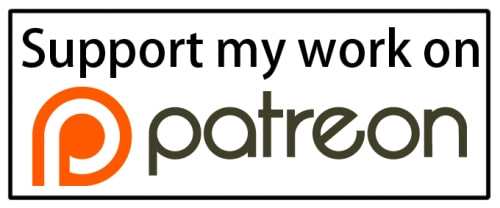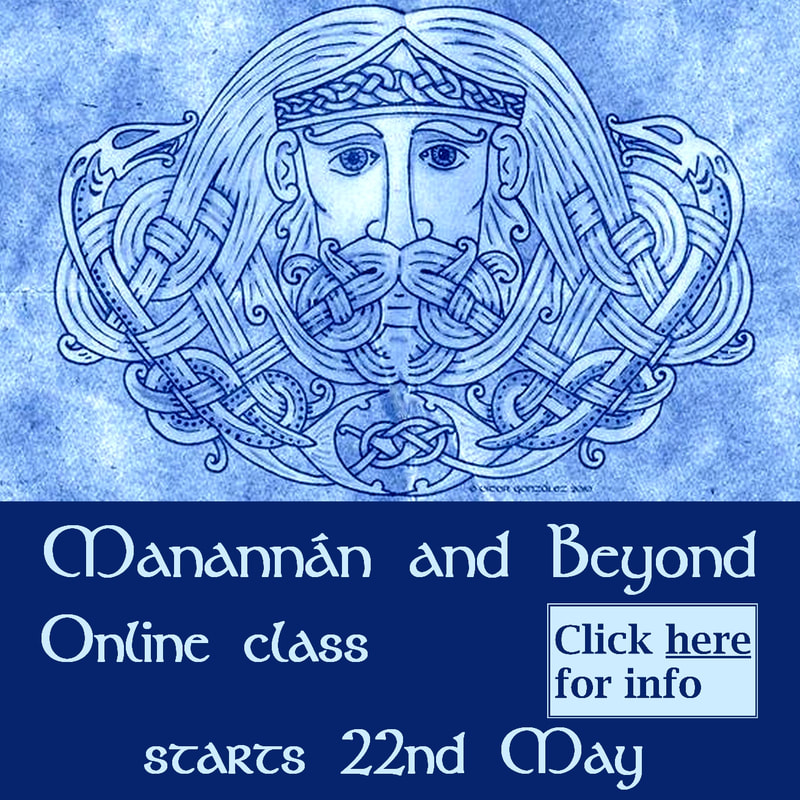Unravelling the strands of the tale
Conn goes to Ben Edair seeking to get a grip on himself. He meets Becuma, gets distracted and makes a seemingly poor choice. While Conn has come from the land to the beach, Becuma comes from the sea, but why is she there? What does liminal space have to offer her, other than somewhere to land? Why does she call herself Delvcaem, of all the names she might choose?
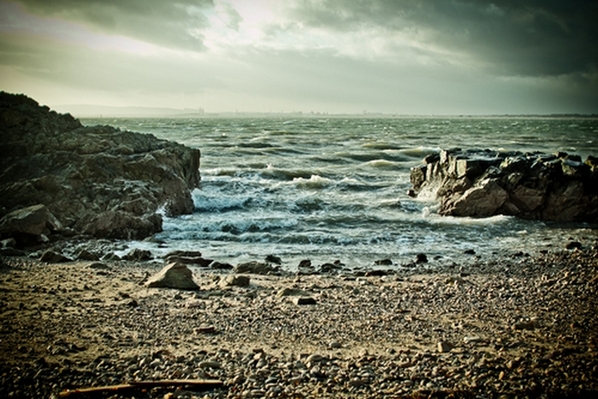
Howth Head, which is known in Gaelic as Ben Edair, is part of Dublin harbour.
Both Conn and Art depart and arrive through this same liminal space repeatedly in the story. Perhaps the change they are really effecting is a transfer of power. Having lost Eithne, it seems that Conn's life force is on the wane, and no matter what he tries, things seem to get steadily worse in Ireland. In fact, when describing the fight between Art and Morgan, toward the end of the story, Stephens says, "But when the wife's time has come the husband is doomed. He is required elsewhere by his beloved." Perhaps the time has come when the best solution to Conn's trouble and grief is to hand power to his son. However, it is really Becuma's arrival which set the wheels in motion to make this possible. The quest provided by Becuma/Delvcaem transforms Art from an untried youth to a hero who has proved both his mettle and his committment to the kingdon of Ireland.
The replacement of Becuma/Delvcaem with "the real Delvcaem" who is beautiful, virtuous and powerful, and who is willingly joined to Art, fills the final requirement for Art's successful kingship. The thing that Conn is now lacking. A suitable queen.
A further word on the Beach card, and liminal space.
| You can now buy this three part series of posts (The Beach) in a newly edited version, along with my allegorical short story The Story Shawl, and a new poem about the goddess Macha. All in this beautifully illustrated chapbook entitled Mythology. See product page for more information. |
| |
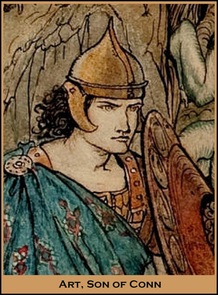
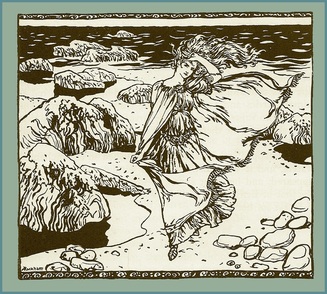
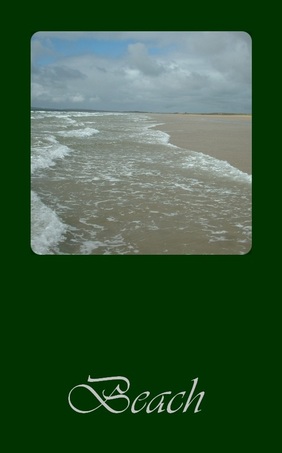
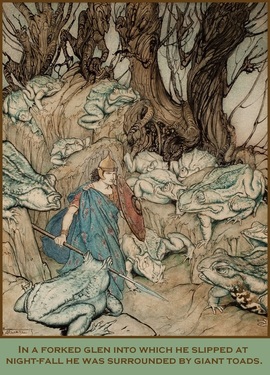
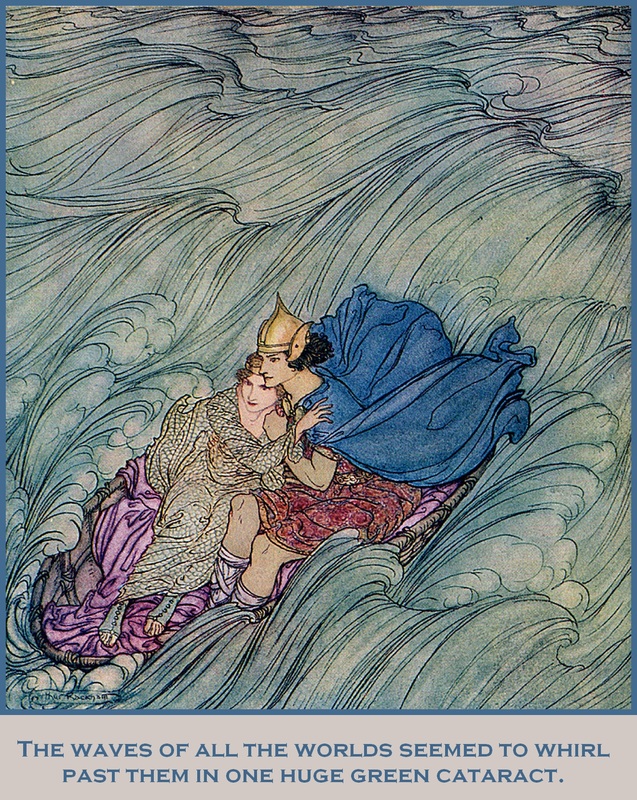
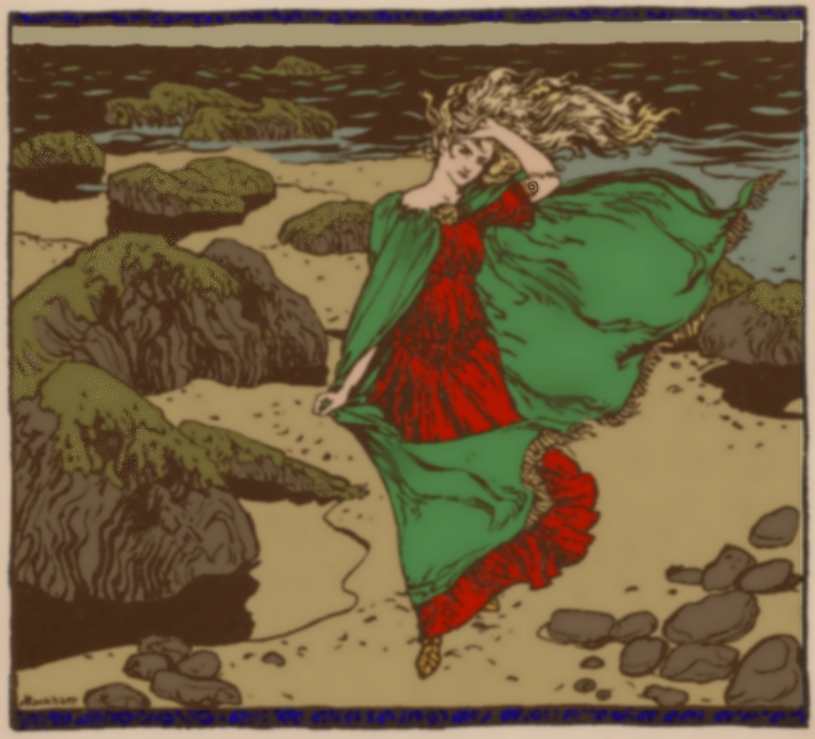

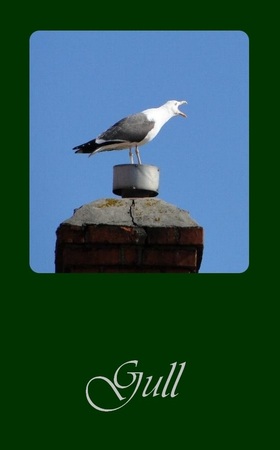
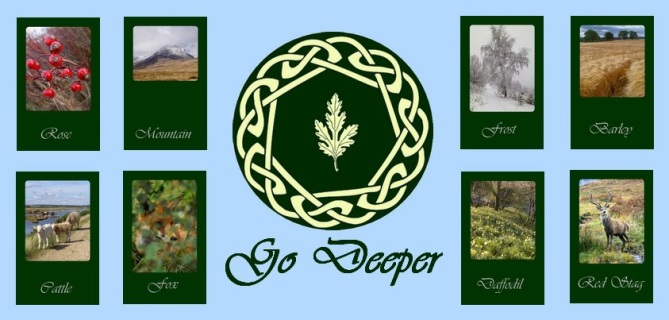


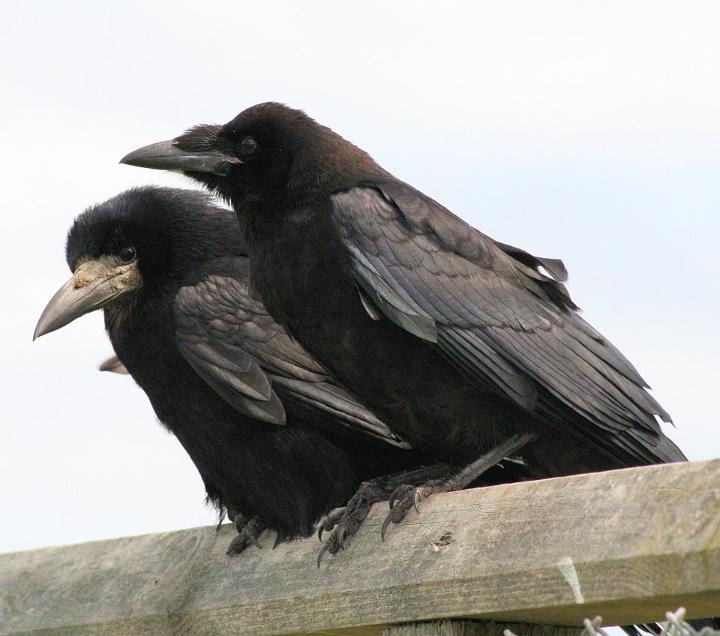

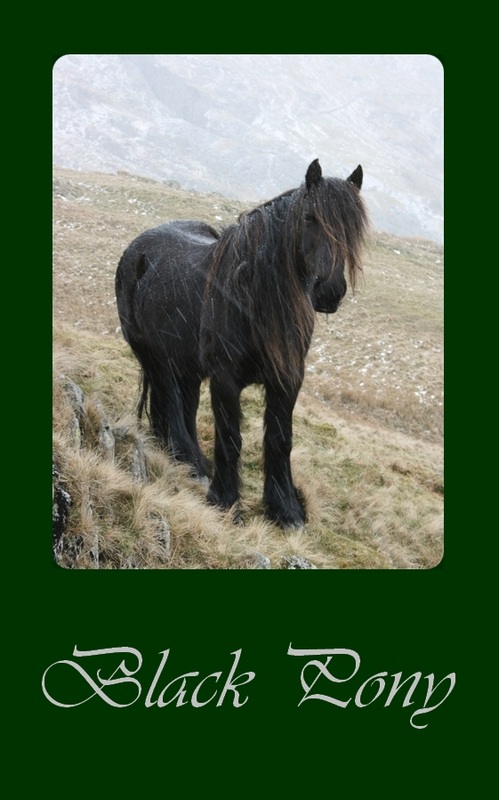

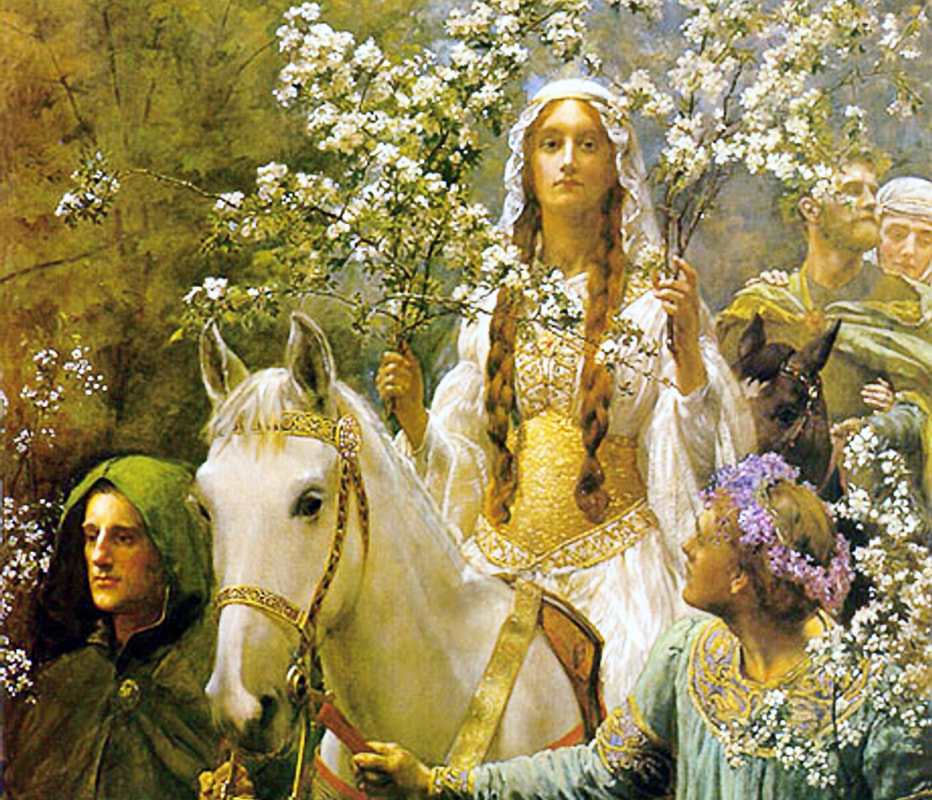

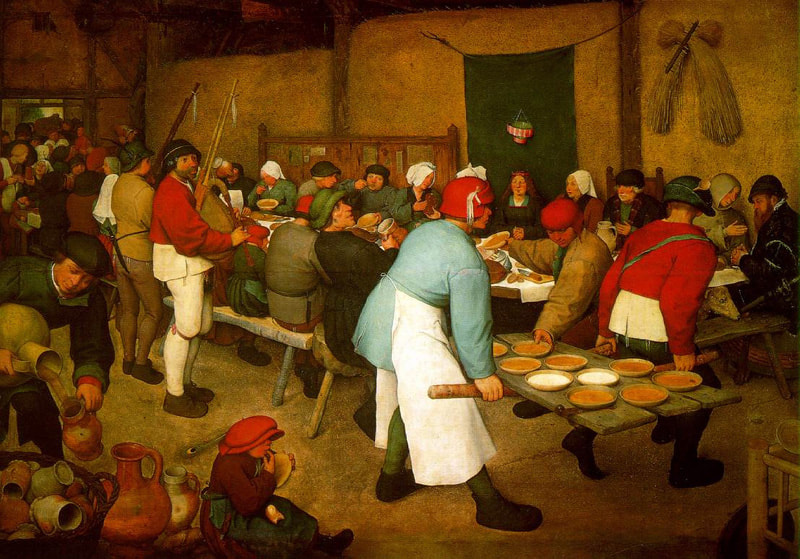
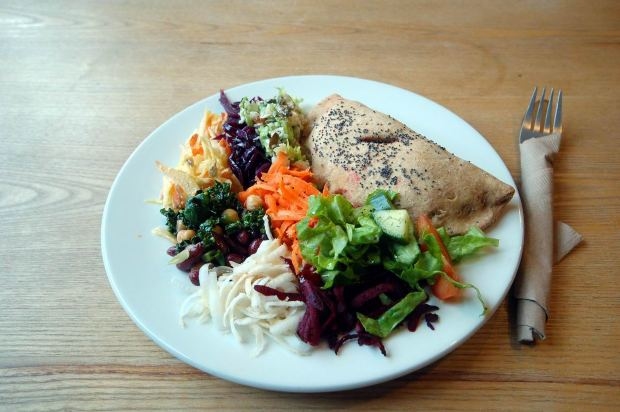
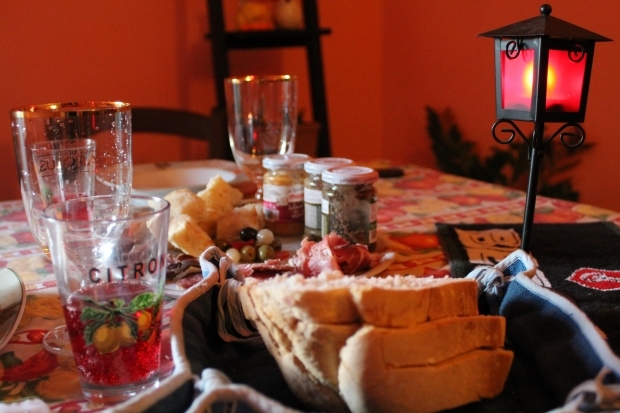
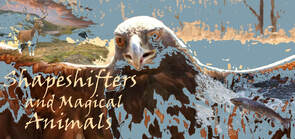
 RSS Feed
RSS Feed


